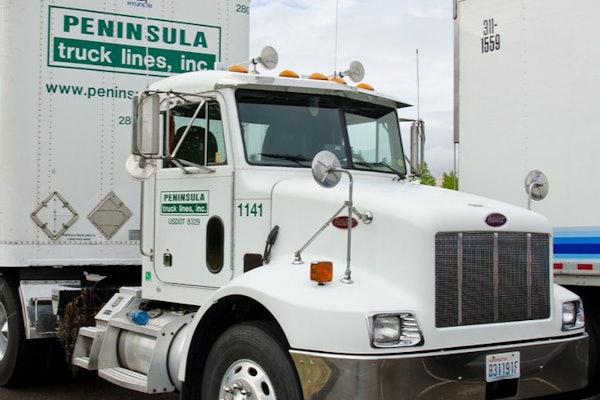Washington has more traffic enforcement and fewer commercial-vehicle crashes than any other state, according to the American Transportation Research Institute.
The institute, the research arm of the American Trucking Associations, said the Washington State Patrol exemplified four highly effective strategies against unsafe drivers:
Washington State Patrol commanders study collision and enforcement statistics to determine where serious collisions are most likely to happen and what behaviors are most likely to cause them.
“Using objective data allows us to move resources around and change our enforcement strategies to combat aggressive driving behaviors,” says Coral Estes, a captain in the Commercial Vehicle Division of the Washington State Patrol. “Commercial Vehicle Division statistics show that 68 percent of the fatality collisions involving a commercial vehicle and a passenger car were the fault of the passenger car.”
The 43 troopers who make up the WSP’s Aggressive Driving Apprehension Team patrol the state in unmarked cars. The WSP also has a website where citizens can report aggressive drivers, and district commanders throughout the state use this information to deploy officers to areas where aggressive driving is most common. The Commercial Vehicle Division, moreover, has 10 unmarked cars that look for aggressively driven commercial vehicles and for cars driving unsafely around commercial vehicles.
From January to October 2005, the WSP contacted 43,685 aggressive drivers, compared to 39,717 during the same period in 2004. The WSP gained national attention in 2005 for its Ticket Aggressive Cars and Trucks campaign. State troopers rode in truck cabs and called ahead to give officers further down the road the description of offending vehicles, which then were stopped and cited.
“The Commercial Vehicle Division is actively addressing the problem of aggressive driving in Washington state,” says John Batiste, a Washington State Patrol chief. “We know that as long as there are still deaths occurring on our highways, there is still work for us to do.”







